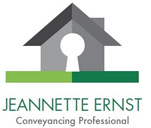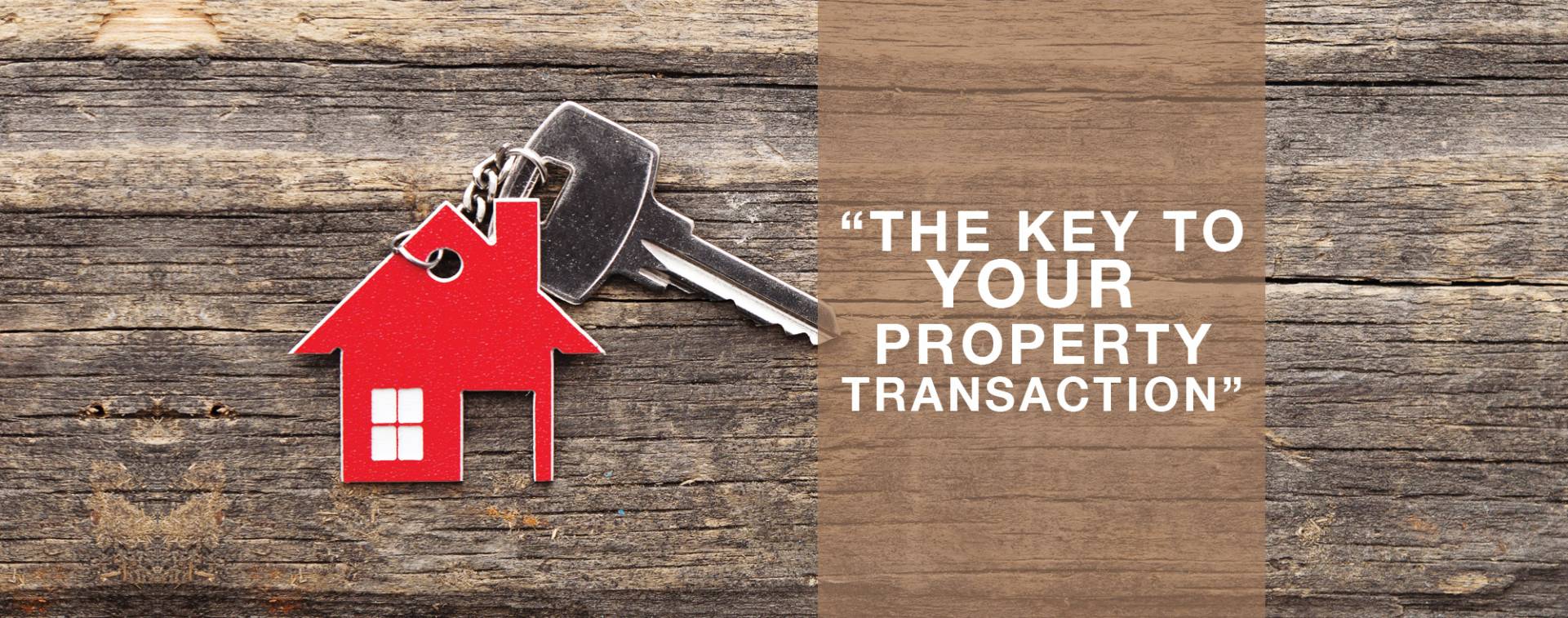Conveyancing refers to the transfer of legal title of real property from one person to another. It can also include the registering of interests such as leases, mortgages or encumbrances over a property.
A typical conveyancing transaction involves a purchaser and a seller, banks/financiers, conveyancers on both sides of the transaction, local council, utilities and the Titles Office.
The Conveyancing Process in Victoria.
Seller/Vendor:
Step 1: Decide to sell the property
Step 2: Appoint a Real Estate Agent – A good Real Estate Agent is integral to ensure that you sell your property and receive the best price. A good Real Estate Agent will help you prepare your property for sale, organise a marketing and sales campaign and advise you on the things that you can do to achieve the best result. Typically most agents will organise a listing of the property on various websites, organise photographs and marketing materials and erect a sign board on the property.
Our office works with some excellent Real Estate Agents and we can usually recommend some great people in your local area.
Step 3: Prepare a Section 32 Vendors Statement and Contract of Sale – This is where we come in. Upon receiving your instructions, our skilled and local Conveyancers get working on your file. We gather information about your property and organise title and statutory search certificates. We then prepare the documents that are required before you can sell your home. Our contracts protect your legal interests and ensure that all relevant laws are complied with. With the introduction of recent Material Facts regulations, it is essential that the disclosures made in your Section 32 Vendors Statement are accurate and in accordance with the law. Where adequate disclosures are not made, purchasers may be able to avoid any contract or sue for damages after settlement.
Our Licensed Conveyancers have over 30 years of industry practice, extensive education, professional development and membership of industry bodies. We live and work locally at our offices in Geelong and Drysdale, employ and develop local staff and are active in our local communities. More reasons to use our business for your Conveyancing – Why Us?
Step 4 – Sell your home – Your Real Estate Agent will be busy marketing your property and finding buyers. Your agent will negotiate with the purchasers to achieve a good price and sale terms. Once the sale is completed, the agent will have the contract of sale signed by all parties, take a deposit and forward the signed contract of sale to us.
Step 5 – Monitor Conditions of Sale – Many contracts are signed subject to conditions. These conditions are commonly referred to as ‘Conditions Precedent’. These conditions must be met before the remainder of the contract can be enforced. Typical conditions include being subject to finance, subject to a building inspection or subject to a pest inspection. This is not an exhaustive list. As a full service conveyancing business, we monitor compliance with these conditions on your behalf.
Step 6 – Prepare legal documents – As Licensed Conveyancers, we are involved in preparing the legal documents required to effect the transfer of the land and receipt of monies. We liaise with your bank or financier to organise the discharge of any mortgages, liaise with the purchasers representatives, ensure deposits are received, attend to State Revenue Office declarations, Verification of Identity, adjusting rates, final meter readings and preparing for settlement.
Step 7 – Settlement – This is where the title of the property passes to the purchaser in exchange for the monies agreed in the Contract of Sale. All property settlements are now managed on an online platform called PEXA. Our company were involved in the PEXA pilot program and we have intimate knowledge of the platform. Once settlement occurs, we will notify our customer and the real estate agents involved.
Step 8 – Disburse Trust Monies and notify authorities – Upon settlement, we direct settlement funds as required. Usually funds will be disbursed to settle mortgages, real estate agent accounts, conveyancers fees, outstanding rates and any other charges over the property. The Vendor then gets the rest!! We will also notify the local council and water boards.



